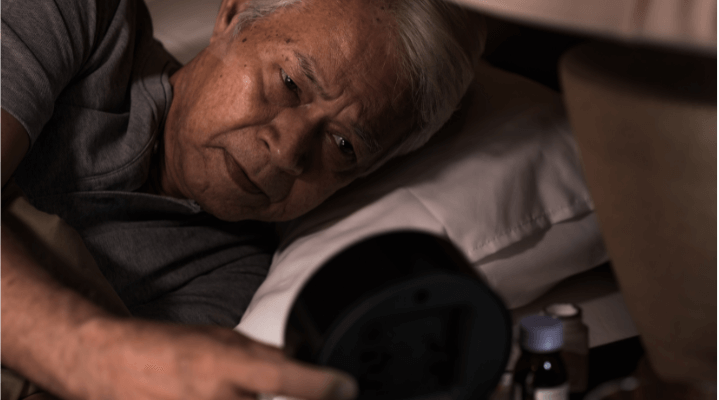- Home
- Find a Consultant
- Treatments & Services
- Overview »
-
Specialist Centres
-
Specialist Services
-
Specialist Treatments
-
Self-pay for your treatment and avoid long waiting lists.View our packages
- Patient Information
- Overview »
-
Planning Your Visit
- Your Patient Portal
- Introduction to Private Healthcare
- Choosing Your Consultant
- Booking Your Consultation
- Additional Support Needs
- Having a scan at King Edward VII's Hospital
- Choose To Self-Pay
- Private Medical Insurance
- Flexible Payment Plans
- Paying For Treatment
- What Our Patients Say
- Coronavirus update
-
Your Stay
-
Going Home
-
Use your policy to take back control of your health.Read more
- Veterans' Health
- Overview »
-
Centre for Veterans' Health
-
The Charity
-
Help support our charitable work with Armed Forces veterans.Donate now
- Health Hub
- About
- Healthcare Professionals & Referrers
- Contact
-
Menu Close
-
- 020 7467 3221
- Health Hub
- About
- Healthcare Professionals & Referrers
- Contact
- Find a Consultant
-
Treatments & Services
Specialist Services
Specialist Treatments

-
Patient Information
Planning Your Visit

-
Veterans' Health
Centre for Veterans' Health







- Home
- /
- Health hub
- /
- Topic: prostate cancer surgery
Topic: prostate cancer surgery
September 14, 2023
Over a quarter of men frequently get up in the night to wee, but only fifth of them realise this could signal a problem with their prostate
October 14, 2021
Getting a prostate cancer diagnosis can be a frightening experience but minimally-invasive treatments such as Nanoknife offer hope of rapid recovery and continued quality of life.
September 30, 2021
In 2017 I was diagnosed with prostate cancer – low/medium grade with a Gleason score of 3/4. It was initially suggested that I watch and wait, but my Dad had died of prostate cancer so I wanted to know what treatment options were available.
Despite improvements in surgical techniques, and robotic assisted prostatectomy in particular, there is still a risk of urinary incontinence following prostate cancer surgery. This type of incontinence is known as Post Prostatectomy Incontinence (PPI).
September 13, 2019
A diagnosis of prostate cancer can be frightening and overwhelming. There are many treatment options and while this might feel bewildering, the wide range of options represents a chance to choose the right one, along with your medical team, to successfully treat or manage your cancer.
July 11, 2019
Side effects from having surgery for prostate cancer are common. They don’t happen in all men, but some men can experience complications such as erectile dysfunction after surgery.







